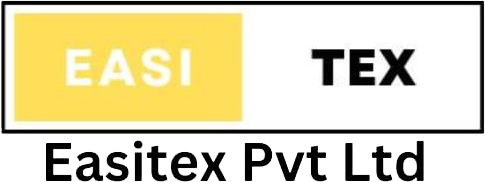The Apparel Export Promotion Council (AEPC), a leading voice for India's garment exports, has outlined key demands for the upcoming Union Budget 2024.
Focus on Policy Stability and Increased Competitiveness
AEPC Chairman, Sudhir Sekhri, emphasizes the need for long-term policies to provide stability and support the growth of garment exports. He highlights the apparel industry's potential to be a significant global player, given its commitment to quality and a complete value chain.
Top Budget Requests:
- Enhanced Interest Equalization Scheme: AEPC proposes a 5% rate for all apparel exporters under the Interest Equalization Scheme for five years. This aims to boost the industry's competitiveness in the international market.
- Simplified Imports for Trimmings and Embellishments: AEPC seeks to include all trimmings and embellishments under the Import of Goods at Concessional Rates of Duty Rules (IGCR Rules). They also request an extension of the timeframe for utilizing these imported materials to one year.
- Duty-free Benefits for Courier Shipments: Currently, duty-free imports under IGCR apply only to cargo shipments. AEPC requests extending this benefit to courier mode shipments for trimmings and embellishments.
- Reduced Customs Duty on Textile Machinery: To encourage technology upgradation, AEPC proposes a temporary zero-duty regime for high-end textile machinery imports for three years. This would be followed by increased tariffs to incentivize domestic manufacturing of such machinery.
- Uniform GST Structure: AEPC calls for a uniform 5% GST rate across the entire textile and apparel value chain, for both man-made fibers (MMF) and cotton products. The current structure leads to an inverted duty burden, where taxes on inputs are higher than the finished product.
- Support for Sustainable Practices: AEPC requests subsidized loans for garment manufacturers who use organic, locally sourced materials and invest in green technologies. Additionally, they propose incentives for implementing traceability initiatives in the raw material supply chain.
- Other Measures: AEPC also seeks relocation compensation for companies moving to less developed areas, tax breaks for manufacturers adopting sustainable practices, and budgetary support for promoting "Made in India" apparel brands.
By implementing these recommendations, the apparel industry hopes to gain a competitive edge, create jobs, and contribute to India's socio-economic development.



